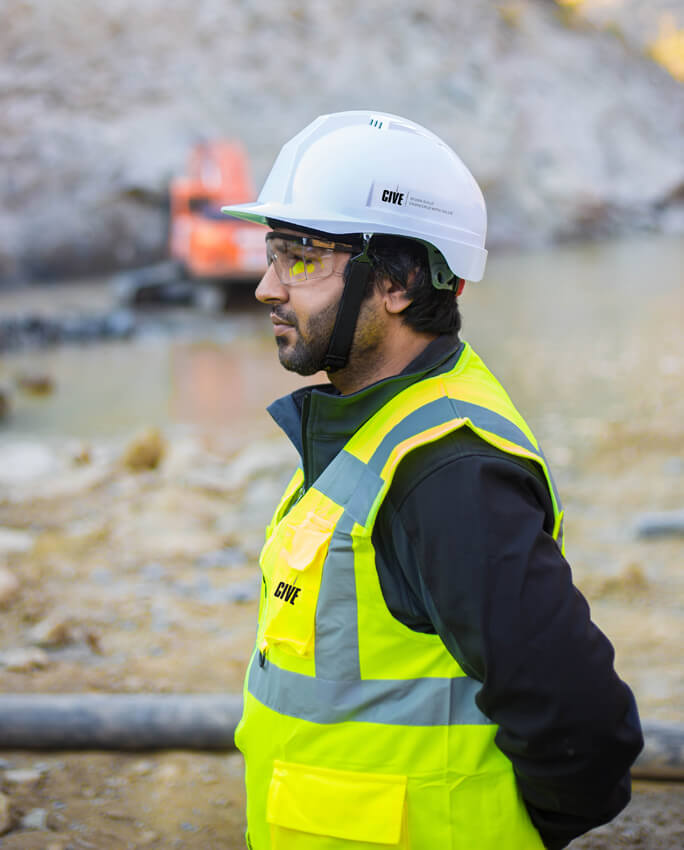 When building any type of structure there are numerous roles and responsibilities for each team member of the project. While each team member plays an important part of the project it is important to understand the roles and responsibilities that each one plays in the successful completion of a commercial construction project. Two very important, but distinct roles are those of Construction Managers and Project Managers; while they may sound similar they definitely play different roles within the building process.
When building any type of structure there are numerous roles and responsibilities for each team member of the project. While each team member plays an important part of the project it is important to understand the roles and responsibilities that each one plays in the successful completion of a commercial construction project. Two very important, but distinct roles are those of Construction Managers and Project Managers; while they may sound similar they definitely play different roles within the building process.
Let’s evaluate and compare Construction Managers and Project Managers.
Construction Manager
This team member is brought on early in the construction process and involved in the pre-construction phase. They are typically engaged in the budgeting and scheduling phase of the construction project. Construction managers provide insightful details to the investors or owners of a project, as well as, supervise the workers and labor of a construction site (which can include the contractor). They establish and maintain work schedules and evaluate budgets to make sure that sub-contractors perform the work that they are contracted to do.
While the project manager tries to keep all of the pieces flowing together to keep the project moving, the construction manager is on-site handling all of the important details that are necessary to get the building efforts done. Construction managers are usually experienced tradesman that have worked in the construction industry for decades and are highly experienced in construction development. They are a valuable asset that ensure that a project is done properly, safely and on-budget.
Project Manager
A commercial real estate project manager works with all facets of a project from the initial conception phase, through the design, building and owner move-in. The construction manager is focused more narrowly on the construction phases of the project. They are a type of advocate for the project and work towards accomplishing every one of the milestones of the project. For vital project managers, they will position themselves as the point person or the mail contact who can get things done. They are the liaison between architects, engineers, suppliers and contractors to enable clear communication between parites and ensure timely delivery.
Commercial construction project managers plan, manage and supervise the entire details of a project and might even help select the construction manager. While there is great variance in the responsibilities of a commercial project manager, their influence is dependent upon their abilities and experience. These may include design adjustments, requirement / scope refinements, managing contractors, construction site visits, weekly meetings, walk-throughs and other related tasks to keep the project moving along.
The project manager will oversee all phases including:
- Conception
- Lease transaction
- Design
- Procurement
- Pre-construction
- Construction
- Specialty Consultants / Contractors
- Punch list
- Move in and closeout
- Client follow up
While all commercial real estate projects require management, knowing the right person to have on your team …providing experience, knowledge and insight can make all the difference in successfully completing a project.
The typical day of a project manager will greatly vary depending on the nature of the project and the stakeholders’ involvement. They are likely to attend several meeting and conference calls during the day following up on progress and hammering out details about their project(s). These meetings can include regulatory for state or federal agencies, updating owners/investors about the project, collaborating with contractors and other team members, reviewing budgets and adjustments as needed, designer reviews and other updates as needed. The life of a project manager is a busy and even chaotic one if a process is not properly implemented. Commercial project managers are an important asset to the successful completion of any construction project and should almost always be included to ensure structures are built to specification and that the investors are pleased with the end result.






